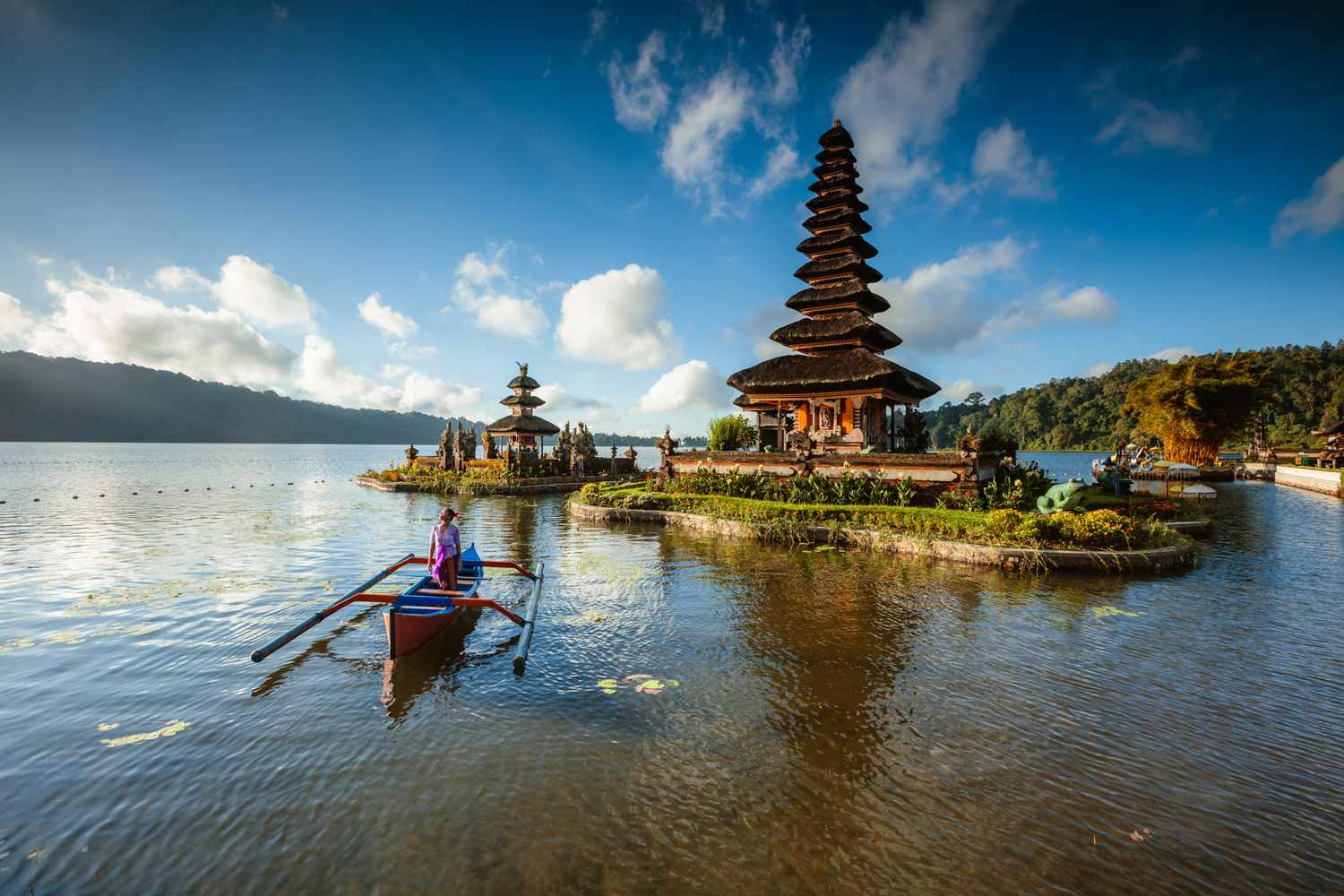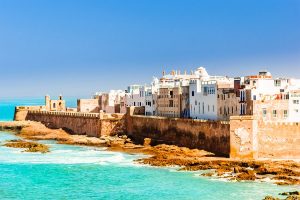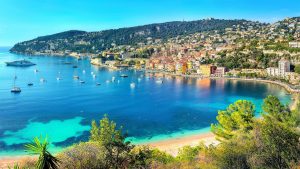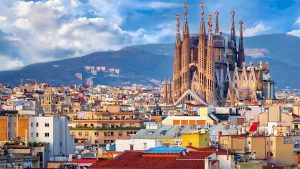
32 interesting facts about Bali
- 👁️ 2841
Bali, known as the “Island of the Gods,” is a small Indonesian island that has captivated the hearts of travelers from around the world. Renowned for its volcanic mountains, iconic rice paddies, beautiful beaches, and vibrant coral reefs, Bali is also celebrated for its rich cultural heritage, deeply spiritual roots, and lively arts scene. The island is a hub of traditional dance, music, and art, all of which are integrated into the daily life of the Balinese people. Visitors are often mesmerized by the ceremonial spiritual life, which is visible in the daily offerings and numerous temples scattered across the island. Here are 32 interesting facts about Bali that explore its unique cultural, natural, and historical landscape.
- Bali is part of the Coral Triangle, the area with the highest biodiversity of marine species in the world.
- The island is home to approximately 4 million people as of the latest estimates.
- Bali’s traditional building laws state that no building can be taller than a coconut tree.
- Hinduism is the predominant religion on the island, unlike most of Indonesia, which is predominantly Muslim.
- The island is a popular destination for surfing, with the peak season being from May to September.
- Bali has its own traditional dance forms, including the famous Kecak dance, which is a form of Balinese musical drama.
- The Ngurah Rai International Airport in Bali is named after I Gusti Ngurah Rai, a national hero who fought against the Dutch during the Indonesian War of Independence.
- Bali’s volcanic nature has significantly influenced its agriculture, with the rich soil being particularly suitable for coffee cultivation.
- Mount Agung, the highest point on the island, is an active volcano that last erupted in 2018.
- Balinese Hinduism is unique and incorporates local animism, ancestor worship, and reverence for Buddhist saints.
- The island’s currency is the Indonesian Rupiah, and despite its small size, Bali contributes significantly to Indonesia’s tourism economy.
- Balinese cuisine is noted for its use of aromatic spices, and a typical meal might feature rice, vegetables, meat, and seafood.
- Subak, the water management (irrigation) system for paddy fields in Bali, was designated a UNESCO World Heritage site.
- Bali’s artistic hub, Ubud, is renowned globally for its arts and crafts which attract tourists and artists alike.
- The island celebrates Nyepi Day (Bali’s Day of Silence), marking the Balinese New Year, where the island shuts down for 24 hours including the airport.
- Bali is surrounded by coral reefs that are popular with divers and snorkelers from around the globe.
- The traditional garment worn by Balinese men and women for religious and formal occasions is called “kamen”.
- Bali hosts the Bali Arts Festival annually in June and July, showcasing traditional Balinese art and culture.
- Balinese architecture is distinct and includes temples and residential structures made of local materials like bamboo and thatch.
- The island’s local music revolves around gamelan, a traditional ensemble music made up predominantly of percussive instruments.
- Bali has over 20,000 temples, and each village is required to maintain at least three.
- The Bali Safari and Marine Park is an important conservation center on the island.
- Coffee enthusiasts may be interested in trying Kopi Luwak, one of the world’s most expensive coffees, which is produced in Bali.
- Traditional Balinese healing practices incorporate natural ingredients and ancient wisdom, which is sought after by visitors.
- The island is divided into six different regions, each with distinct characteristics and attractions.
- Bali’s economy is heavily dependent on tourism, which experienced a significant downturn during the COVID-19 pandemic.
- The island’s traditional markets are vibrant and colorful, offering a variety of textiles, handicrafts, and fresh produce.
- Pura Tanah Lot is one of Bali’s most iconic sea temples and is a popular spot for photography, especially at sunset.
- Bali is known for its bamboo buildings, which are considered a model of sustainable architecture.
- The island is a key destination for yoga and meditation retreats, attracting practitioners from around the world.
- Bali’s biodiversity extends to its terrestrial ecosystems, which are home to a number of unique species including the critically endangered Bali myna.
- The island’s beaches vary from white sandy coastlines in the south, like Kuta, to the black sands of Lovina in the north.
Bali is not just a travel destination but a unique blend of ancient culture, breathtaking nature, and vibrant modernity. Its rich traditions in arts, spirituality, and community life make it a fascinating place to visit and explore. The island’s focus on cultural preservation alongside tourism development offers visitors a deeply authentic experience. Bali’s enduring appeal lies in its ability to balance growth with tradition and offer experiences that are as diverse as they are memorable. The collected facts about Bali showcase the island’s broad appeal, from its environmental wonders to its cultural depths.











